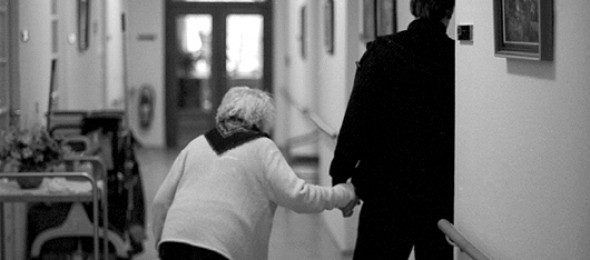The United States Supreme Court has again refused to consider whether the heirs of a deceased nursing home resident are bound by an arbitral agreement that was signed prior to the resident’s admission. In Boler vs. Security Health Care, LLC, No. 14-1005, an Oklahoma woman’s heir and attorney in fact signed an alternative dispute resolution agreement that purported to compel any future disputes with Security Health Care, LLC to arbitration at the time of the woman’s admission to the facility. The provision also purported to bind the new resident’s legal representatives and heirs.
The nursing home resident later filed a lawsuit against the facility alleging breach of contract, negligence, and violations of the Nursing Home Care Act. Following the resident’s death, her heirs apparently restyled the lawsuit as a wrongful death claim. After a trial court denied the nursing home’s motion to compel the dispute to arbitration, the case was ultimately appealed to the state Supreme Court.
Last fall, the Oklahoma Supreme Court held that woman’s relatives could not be compelled to arbitrate their statutory wrongful death action against the facility. According to the court, the facility resident’s heirs were not bound by the agreement because they did not sign the alternative dispute resolution provision in their personal capacities and “consent to arbitrate is an essential component of an enforceable arbitration agreement.” In addition, the court stated the relatives’ claims were not wholly derivative of the decedent’s claims.
Currently, Arizona, Illinois, Kentucky, Missouri, Ohio, Pennsylvania, Utah, and Washington allow heirs to litigate their wrongful death claims against a skilled nursing facility whether or not a decedent signed an arbitration agreement. Meanwhile, Texas, Alabama, California, Florida, Michigan, Mississippi, and New Mexico consider the claims of an heir to be derivative in nature and subject to arbitration. According to the Oklahoma high court, the split has resulted from differences in how each individual state’s wrongful death law is interpreted by its courts.
Despite this split among the states, the U.S. Supreme Court denied the nursing home’s petition for certiorari on June 1st. Interestingly, the nation’s highest court declined to review a similar case last year. You can read more about that case in a prior Disputing blog post.
Photo credit: ulrichkarljoho / Foter / CC BY-SA














